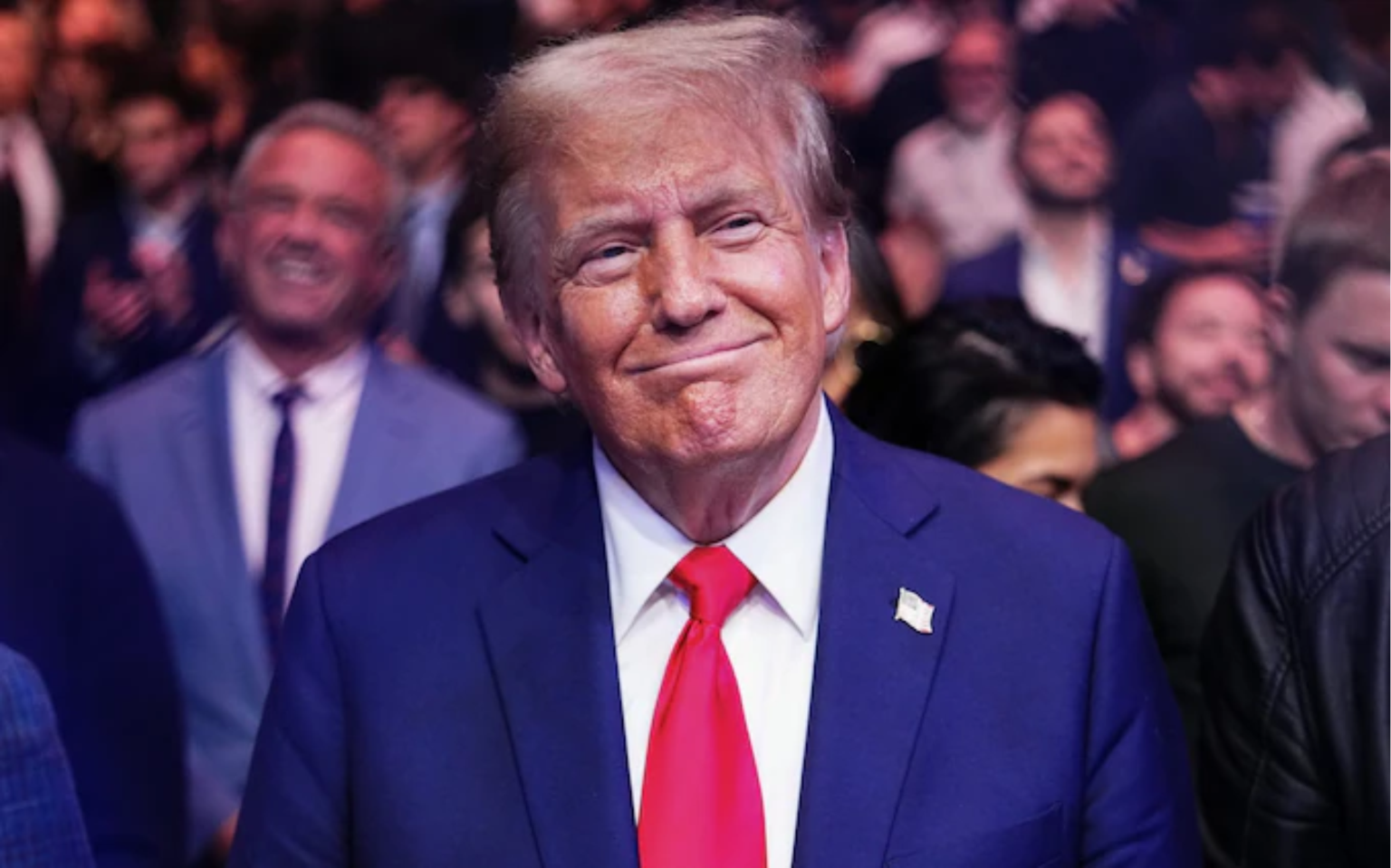U.S. President Donald Trump on Wednesday revealed that the United States will impose a reduced 20% tariff on several Vietnamese exports, lower than the initially proposed 46% rate outlined in April.
The announcement comes just ahead of a July 9 deadline when broader tariffs are set to take effect on a range of imports, part of Trump’s ongoing push to reshape U.S. trade policy through aggressive levies.
While Trump offered limited specifics, he indicated that Vietnamese goods would now face a 20% tariff, and goods trans-shipped through Vietnam from third countries—particularly China—would attract a higher 40% duty. In contrast, Vietnamese imports of U.S. products would benefit from zero tariffs.
Trump speaks
“It is my great honour to announce that I have just made a Trade Deal with the Socialist Republic of Vietnam,” Trump posted on Truth Social after holding talks with Vietnamese President To Lam.
The implementation of the new tariffs, especially the trans-shipment rules designed to prevent relabelling of Chinese goods as Vietnamese, remains unclear. U.S. officials have yet to outline how enforcement will be carried out.
Vietnamese officials have not confirmed the exact tariff percentages. Instead, Hanoi issued a statement describing the development as a joint agreement on a trade framework. According to Reuters, the Vietnamese government committed to expanding market access for U.S. goods, including large-engine automobiles.
The U.S. is Vietnam’s largest export destination, and deepening economic ties have become a strategic pillar in Hanoi’s efforts to maintain strong relationships with both Washington and Beijing amid growing U.S.-China tensions.
Lam, during the call, also urged the U.S. to formally recognize Vietnam as a market economy and lift restrictions on the export of high-tech products to the country.



